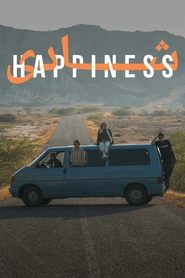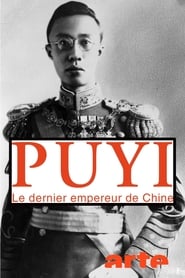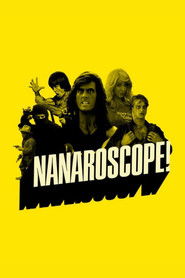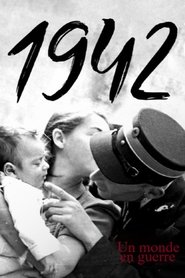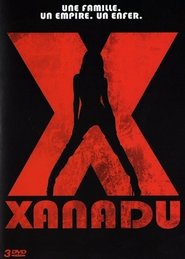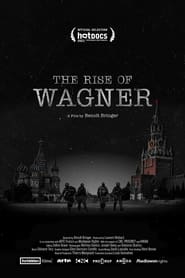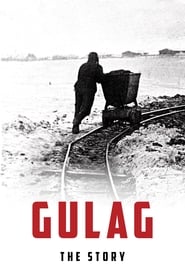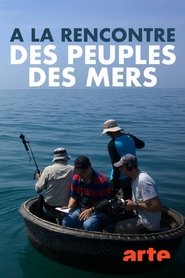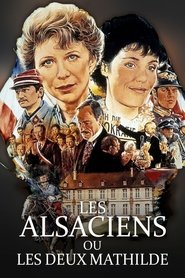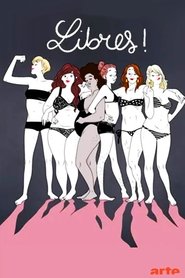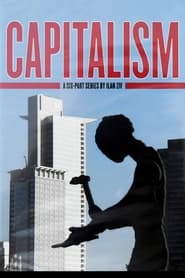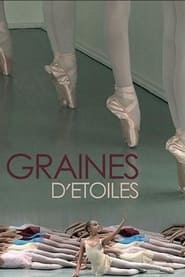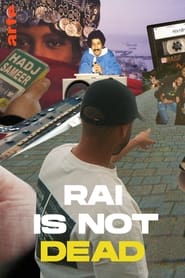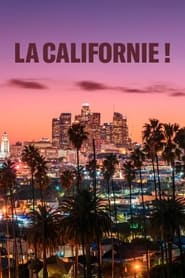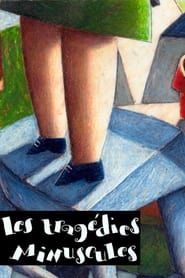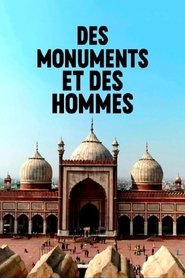Arte TV Series - Page 7
-
Mammas
2013
star 7Isabella Rossellini is convinced that, in the maternal animal world, anything goes. 'Mammas,' a series of short videos, has Rossellini playing the role of nine different animals to show the viewer that some mothers lie, are polygamous, and walk out on their animal children all the time. -
Happiness
2021
star 7.4Tehran, today. Shadi is 17 years old. In life, Shadi loves listening to music at the bottom of the blocks with her best friend Ferial. But soon, she has to move to France, far from everything she has always known. Shadi starts to ask herself questions: is immigration really what she wants? To find out, she will embark on a journey to discover Iran. -
Puyi, the Last Emperor of China
2009
This program reveals the unorthodox life of Puyi, the last Emperor of China, through the use of rare footage from the period. Puyi's story, set against the immense luxury of the Chinese nobility, the decadent 1930s in Tianjin, the upheaval of World War II, the bleakness of prison, plus the turmoil of the Cultural Revolution, reflects the turbulent history of China and its people during the early and middle 20th Century. -
Xanadu
2011
star 5.1The family Valadine has produced porno movies since years. But the golden age of the erotic film is over. The market, the business and the movies are getting harder. Nevertheless Alex Valadine refuses to go with the latest trends and gets in conflict with his sons, the next generation of porno maker. The family empire bursts under the consequences of intrigues and corruption. In this world of love and hate, sex and violence the family is facing a big challenge. -
The Rise of Wagner
2023
star 8This suspenseful documentary thriller tells the story of the fearless Russian journalists, who risked their lives investigating civilian deaths in Syria and the Central African Republic and revealed to the world through it the existence of a dangerous group of mercenaries in charge of the Kremlin's clandestine operations. Helped by international investigators they could expose Putin’s clandestine militia. Following their fight for the truth alongside the reports of human rights defenders, the documentary discovers how this secret militia became the infamous shadowy army known as Wagner Group and the rise of its powerful leader Yevgeny Prigozhin. -
Looking for the Hobbit
2014
star 4.9À la recherche du Hobbit (French for Looking for the Hobbit) is an exploratory documentary series directed by Olivier Simonnet in 2014, in which illustrator John Howe, story-teller Nicolas Mezzalira, and Professor Leo Carruthers of the University of Paris-Sorbonne explore real-world settings and famous myths that inspired J.R.R. Tolkien's mythology. The documentary explores many locations of Medieval significance. -
Gulag, the Story
2020
star 7.9A major political, historical, human and economic fact of the 20th century, the Gulag, the extremely punitive Soviet concentration camp system, remains largely unknown. -
The Alsatians or the two Mathilde
1996
star 9The history of four generations of a family in Alsace between 1870 and 1953. Over this time, the family and the villagers live through three wars between France and Germany and their province changes its affiliation between these countries four times. The governors from both sides do not always respect the culture and the feelings of Alsatians. -
Liberated!
2021
star 8Down with sexual diktats! Writers and broadcasters Ovidie and Sophie-Marie Larrouy examine prejudice and taboos around sex with humour and intelligence and encourage women to have it when they want, how they want, and most of all, if they want. -
Capitalism
2014
star 8.2Capitalism has been the engine of unprecedented economic growth and social transformation. With the fall of the communist states and the triumph of "neo-liberalism", capitalism is by far the world's dominant ideology. But how much do we understand about how it originated, and what makes it work? -
Raï Is Not Dead
2023
star 10What musical genre can claim to have gone, in the space of fifty years, from a hidden cabaret in Oran to Super Bowl halftime? Born in Algeria at the end of the Second World War, the raï wave spread from the cabarets of western Algeria to the cassette shops of Barbès in Paris, before sweeping the world at the end of the 1980s. its hybridization, the intoxicating music traveled from Algerian and French weddings to the biggest international stages, before suddenly disappearing from the radar at the dawn of the new millennium. Icons that have disappeared, including Cheikha Remitti and Prince Hasni, to young heirs, passing by the star Khaled, the collector Hadj Sameer trace the tumultuous course of this musical genre, between clandestinity, planetary glory and resistance. -
La Californie !
2023
star 8From the 1950s to the present day, from Los Angeles to San Francisco via Berkeley University or Silicon Valley, this three-part documentary series unfolds the recent history of California, which is revolutionizing the world by its way of life and its incredible capacity for innovation.

